Hair dandruff is a common scalp condition that affects many individuals worldwide. It is characterized by the presence of white flakes on the scalp, often accompanied by itching. Dandruff can be embarrassing and uncomfortable, but with the right knowledge and management techniques, it can be effectively controlled. In this article, we will explore the causes, symptoms, prevention, and management of hair dandruff, along with some home remedies for its treatment.
What is Hair Dandruff?
Hair dandruff, also known as pityriasis simplex capillitii, is a common condition that leads to the shedding of dead skin cells from the scalp. It is not contagious or harmful, but it can cause self-esteem issues and discomfort due to the persistent itchiness. Dandruff can occur in people of all ages and genders, although it is more common in adults.
Causes of Hair Dandruff
- Dry Scalp
One of the leading causes of hair dandruff is a dry scalp. When the scalp lacks sufficient moisture, it becomes dry and flaky, resulting in the shedding of dead skin cells. Dry scalp can be triggered by various factors, including cold weather, excessive use of hot styling tools, and certain hair care products.
- Seborrheic Dermatitis
Seborrheic dermatitis is a skin condition that affects areas rich in oil glands, such as the scalp, face, and chest. It is characterized by redness, itching, and flaking of the affected areas. Seborrheic dermatitis is believed to be caused by an overgrowth of yeast-like fungus called Malassezia on the scalp.
- Malassezia
Malassezia is a naturally occurring fungus that resides on the scalp of most individuals. However, in some cases, it can multiply excessively, leading to an inflammatory response and the formation of dandruff. Factors such as hormonal imbalances, stress, and a weakened immune system can contribute to the overgrowth of Malassezia.
- Sensitivity to Hair Care Products
Some individuals may have an allergic or sensitive reaction to certain hair care products, such as shampoos, conditioners, and hair styling products. These reactions can cause scalp irritation, redness, and flaking, mimicking the symptoms of dandruff.
- Poor Hygiene
Inadequate scalp hygiene can also contribute to the development of dandruff. Infrequent or improper hair washing can result in the buildup of oil, dead skin cells, and product residue on the scalp, creating an environment conducive to dandruff formation.
Symptoms of Hair Dandruff
The common symptoms of hair dandruff include:
- White flakes on the scalp and hair
- Itchy scalp
- Dryness and tightness of the scalp
- Scalp redness and irritation
Effects of Hair Dandruff
Hair dandruff can have several effects on an individual’s scalp health and overall well-being. These effects may include:
- Self-consciousness and embarrassment due to visible flakes
- Persistent itching, leading to scalp discomfort
- Temporary hair loss due to scalp inflammation and irritation
- Reduced self-esteem and confidence in social settings
Prevention and Management of Hair Dandruff
To prevent and effectively manage hair dandruff, the following strategies can be adopted:
- Regular Hair Washing
Frequent washing of hair can help remove excess oil, dead skin cells, and product buildup from the scalp. It is recommended to use lukewarm water and a gentle shampoo formulated for dandruff-prone scalps.
- Use of Anti-Dandruff Shampoos
Anti-dandruff shampoos containing active ingredients like zinc pyrithione, ketoconazole, or selenium sulfide can help control the overgrowth of Malassezia and reduce scalp inflammation. These shampoos should be used as directed and may require several weeks of consistent use to show significant improvement.
- Moisturizing the Scalp
Keeping the scalp well moisturized can help combat dryness, one of the leading causes of dandruff. Using a moisturizing conditioner after shampooing and applying a scalp-friendly oil, such as coconut oil or argan oil, can help maintain a healthy moisture balance.
- Avoiding Hair Care Products with Harsh Chemicals
Hair care products that contain harsh chemicals, such as sulfates and parabens, can strip the scalp of its natural oils and exacerbate dandruff. Opt for gentle, natural, and sulfate-free hair care products to minimize scalp irritation.
- Maintaining Good Hygiene Practices
Maintaining good scalp hygiene is essential in preventing dandruff. Regularly clean combs and brushes, avoid sharing hair accessories, and refrain from scratching the scalp vigorously to minimize the risk of infection and further irritation.
Home Remedies for Hair Dandruff
In addition to commercial anti-dandruff products, several natural remedies can help alleviate dandruff symptoms:
- Tea Tree Oil
Tea tree oil has antifungal and antibacterial properties that can help combat the overgrowth of Malassezia on the scalp. Dilute a few drops of tea tree oil in a carrier oil and massage it into the scalp. Leave it on for about 30 minutes before rinsing it off with a gentle shampoo.
- Apple Cider Vinegar
Apple cider vinegar has acidity that helps restore the scalp’s pH balance and inhibit the growth of Malassezia. Mix equal parts of apple cider vinegar and water and apply it to the scalp after shampooing. Leave it on for a few minutes before rinsing thoroughly.
- Coconut Oil
Coconut oil has moisturizing properties that can alleviate dryness and reduce dandruff symptoms. Warm up some coconut oil and massage it into the scalp. Leave it on overnight and wash it off the next morning with a mild shampoo.
- Aloe Vera
Aloe vera gel has soothing and anti-inflammatory properties that can help relieve scalp itching and irritation. Apply fresh aloe vera gel directly to the scalp and leave it on for 20-30 minutes before rinsing it off.
- Lemon Juice
Lemon juice contains citric acid, which can help regulate the pH balance of the scalp and reduce dandruff. Squeeze fresh lemon juice and apply it to the scalp. Leave it on for 5-10 minutes before rinsing thoroughly.
When to Seek Professional Help
While most cases of hair dandruff can be effectively managed with home remedies and over-the-counter products, it is advisable to seek professional help if:
- The dandruff symptoms persist despite consistent management efforts
- The scalp becomes excessively inflamed, swollen, or painful
- There is excessive hair loss or thinning associated with dandruff
- The dandruff spreads to other parts of the body
Conclusion
Hair dandruff can be an annoying and embarrassing condition, but with proper care and management, it can be controlled. By understanding the causes, symptoms, and prevention strategies, individuals can take proactive steps to maintain a healthy scalp. Home remedies can provide additional support in managing dandruff symptoms, but in severe cases, it is essential to consult a healthcare professional for further guidance.

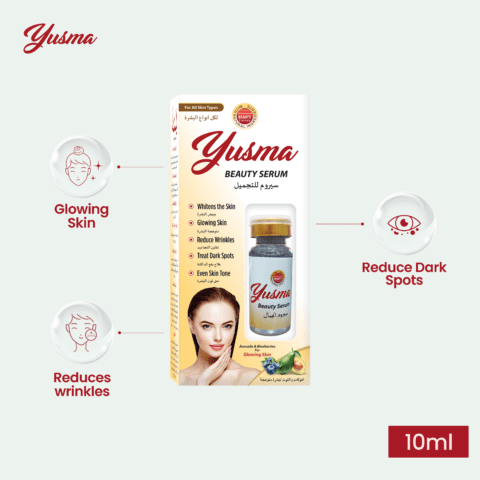
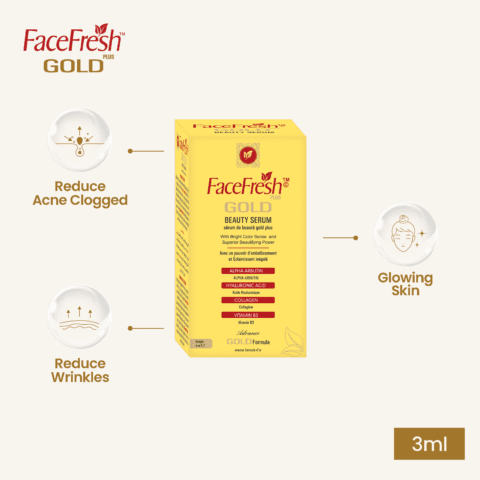
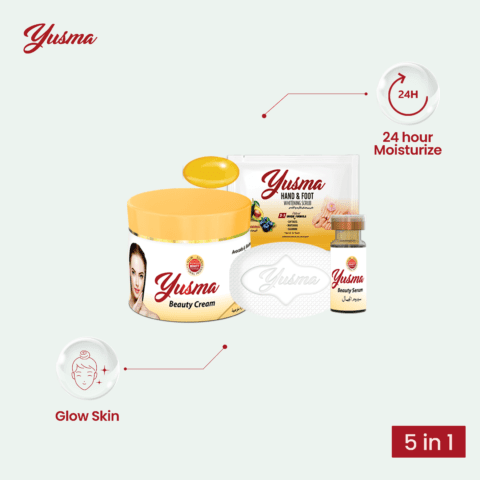
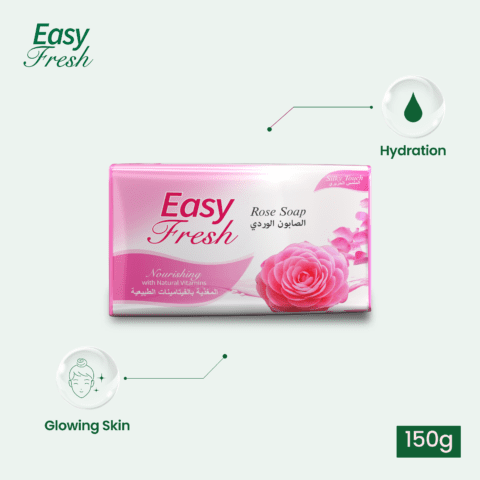
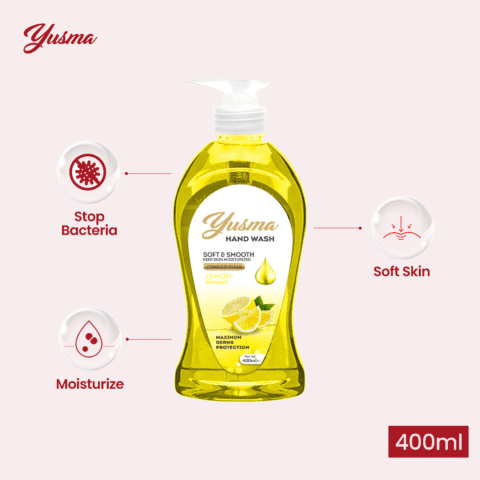
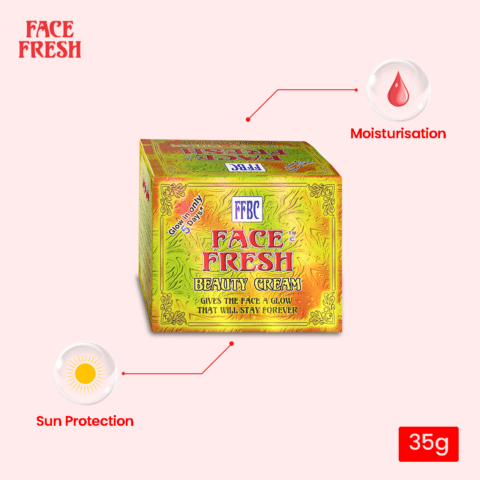
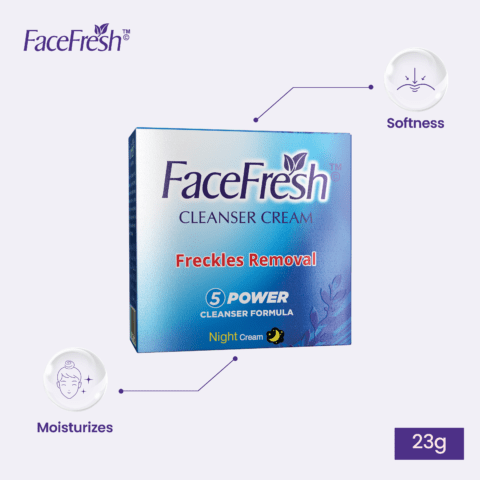

Leave a comment
Your email address will not be published. Required fields are marked *